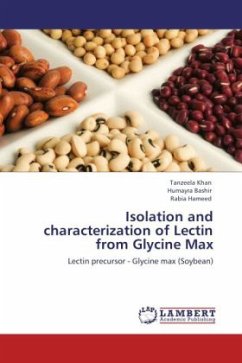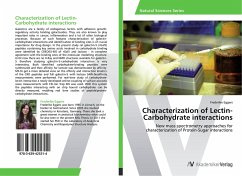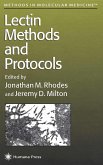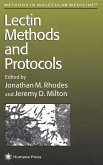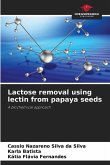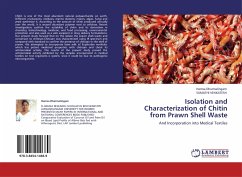Seeds of Glycine max (soybean) furnish one of the world's most important sources of oil and protein. Soybean is distinctive in that it has a high content of isoflavones which allegedly diminish the risk of cancer, cardiovascular disease, and osteoporosis, and also alleviate menopausal symptoms. Besides isoflavones, soybean also produces protease inhibitors, Lectins, and antifungal proteins, which have important biological activities. Lectins are abundant carbohydrate-binding proteins that are widely distributed but of uncertain function in plants. Lectins of leguminous seeds are among the most extensively studied of the plant Lectins. Lectins are glycoproteins consisting of subunits with molecular masses in a range of 25 to 35 kD arranged as dimers or tetramers. Lectins are particularly abundant in the seeds of legumes. The abundance of plant Lectins and the variety of carbohydrate specificities found among them have led to their widespread use for such purposes as the Isolation and analysis of complex carbohydrates, cell separation, and studies of cell surface architecture
Bitte wählen Sie Ihr Anliegen aus.
Rechnungen
Retourenschein anfordern
Bestellstatus
Storno

